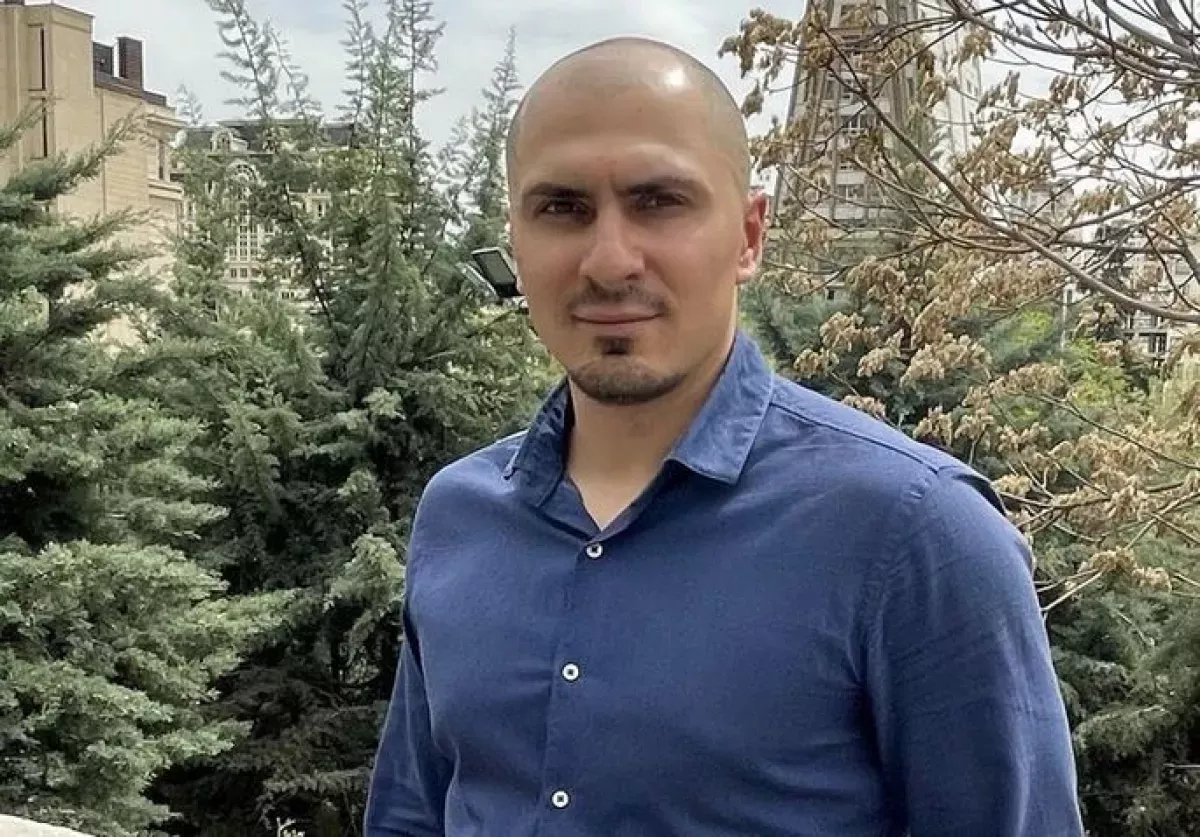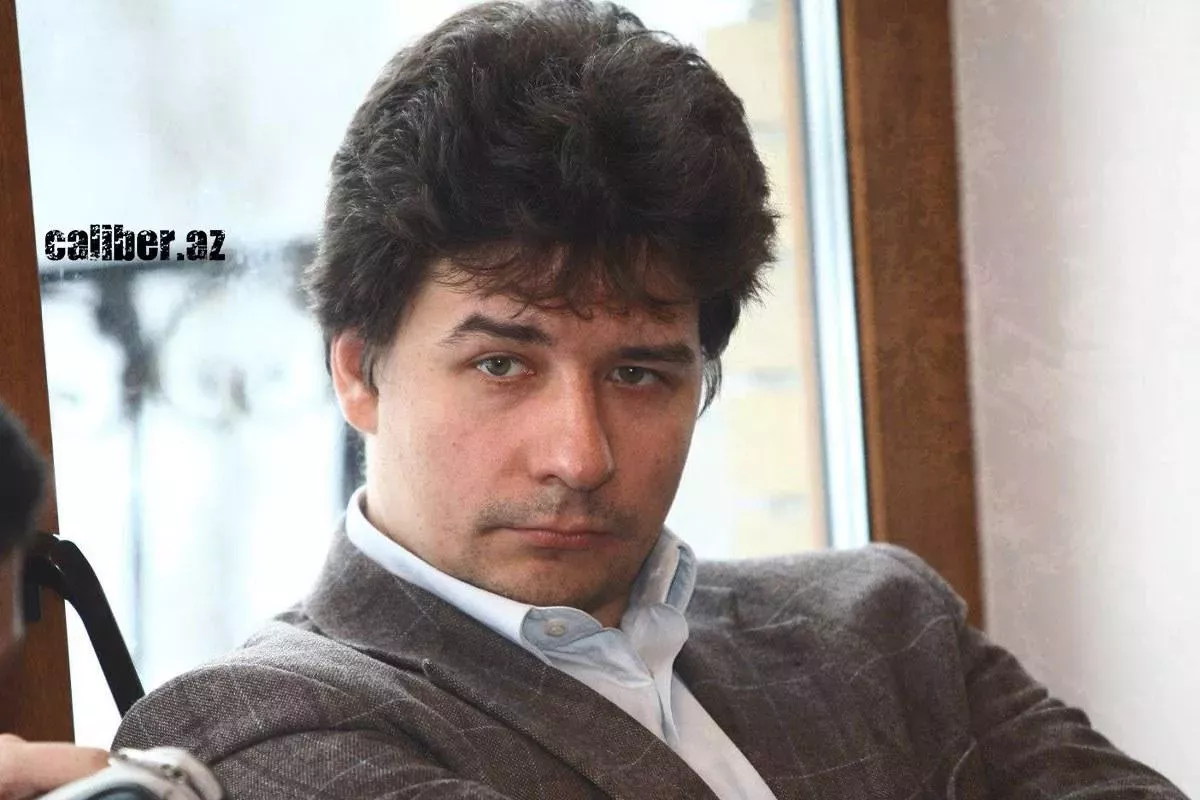Zangezur Corridor: Has Tehran changed Moscow's mind? Expert insights
Russian Security Council Secretary Sergey Shoigu confirmed support for Iran's policies regarding corridors and transport routes with Azerbaijan during a meeting in Tehran with Ali Akbar Ahmadian, Secretary of Iran's Supreme National Security Council, as reported by IRNA.
According to the agency, Shoigu also met with Iranian President Masoud Pezeshkian to convey a message from Russian President Vladimir Putin and inform him about the agreements reached between the parties.
This raises the question: Has Russia's position on the launch of the Zangezur Corridor changed? Just recently, Moscow was actively advocating for the unblocking of transport communications. For comments on this matter, the correspondent of Caliber.Az reached out to Russian political analysts.

According to Russian international relations expert and specialist on Iran Nikita Smagin, all three parties are generally interested in opening the corridor from the western regions of Azerbaijan to Nakhchivan, owever, each party has its own perspective, interests, and approaches to achieving this goal.
“Azerbaijan is more interested in having two corridors: one through Armenian territory and another through Iran, as this format maximizes risk diversification and minimizes the danger of pressure on Baku. Iran, on the other hand, wants the corridor to go only through its territory so that it can control the process and reap both economic and political dividends. Russia's position is closer to Azerbaijan's: Moscow is interested in the formula of two corridors. However, Russia's position is not as categorical. It is clear that there is some bargaining going on between Iran and Russia on this issue. But overall, I think it's premature to say that Iran has managed to persuade Russia to think entirely 'in Iranian terms'—there are currently no facts to support this. Shoigu's statement in Tehran appears to be a careful diplomatic gesture and does not indicate a radical change in Moscow's position on this matter,” believes Smagin.

According to Russian South Caucasus expert Konstantin Tasits, Russia's position has remained unchanged since 2020. Moscow advocates for the opening of all transport communications and the restoration of economic ties in the region in accordance with the Trilateral Statement of the leaders of Azerbaijan, Armenia, and Russia.
“As is known, the Trilateral Group at the level of deputy prime ministers reached an agreement that the restoration of transport links would begin with the railway segment through Meghri. A document on unblocking was also practically agreed upon, addressing all the details, with only a few discrepancies remaining. However, Armenia, not completing the work, ceased to participate in the Trilateral Group and began proposing new ideas, particularly the 'Crossroads of Peace,'” noted the political analyst.
Tasits believes that Iran's concerns likely stem from a lack of information.
"A series of meetings were organized on this topic, including one with Russian Security Council Secretary Sergey Shoigu, where Russia's official position on the matter was communicated.
Regarding Iran's position, the nuance is that it opposes the extraterritorial form of the Zangezur Corridor and, to quote specifically, 'changes to internationally recognized borders.' Iran wants to open the 'Araz' transport corridor through its territory, with bridges over the Araz River and a 55-kilometer stretch of road and railway along the coast. However, this stance does not contradict the restoration of the railway through southern Armenia. I want to emphasize again that all questions concerning the functioning of communications were practically agreed upon in the Trilateral Contact Group at the deputy prime minister level. Any remaining procedural disagreements could have been resolved if Armenia had continued to participate constructively in this work," Tasits concluded.








